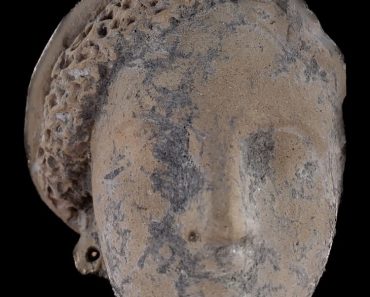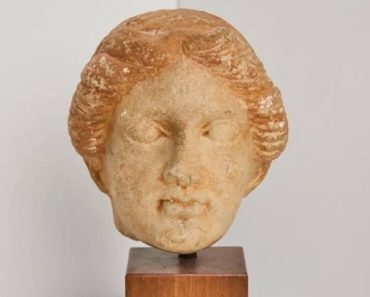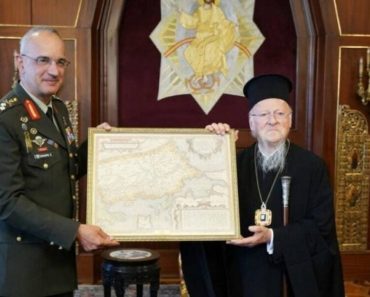Three speakers on 21 May offered an overview of the Church of Greece: its history, structure, and the many ways in which it offers pastoral care.
Prof. Marina Kolovopoulou, a member of the WCC executive committee and the WCC Permanent Committee on Consensus and Collaboration (PCCC), spoke of the contribution of the Church of Greece to the ecumenical movement—a contribution with roots that go back to 1540.
“You have to imagine what it means that in 1540, we have the translation of the Augsburg Confession in Greek,” she said. From there, she detailed the involvement and commitment of the Church of Greece to ecumenism, both locally and globally.
Bishop Ignatios of Salona offered an overview of the structure of the Church of Greece and its synodical administration, describing its canonical territory and how it relates to the Orthodox churches of the world.
Dr Vassilios Meichanetsidis, who represented the nongovernmental arm of the Church of Greece, or Apostoli, spoke of the variety of programmes that operate at the grassroots level.
“The Church of Greece has a very long involvement in the area of social welfare,” he said. “In that regard, our contribution to welfare is important and very beneficial to the state of Greece.”
The Church of Greece is one of the autocephalous Eastern Orthodox churches, with a heritage that stretches back to the early Christian communities established by the apostles, particularly St. Paul. As the official church of the Greek state, it plays a vital role not only in religious life but also in education, social justice, and cultural preservation. Governed by the Holy Synod, the Church comprises is led by the Archbishop of Athens and All Greece.
Historically, the Church of Greece has been deeply intertwined with national identity and the development of modern Greek society. During periods of foreign occupation and national struggle, it served as a spiritual anchor and cultural guardian. Its commitment to the ecumenical movement is longstanding, evidenced by theological dialogue, interfaith initiatives, and participation in global Christian forums like the WCC.
Beyond theology, the Church is a force for social outreach. Through organizations such as Apostoli, it supports vulnerable populations with food aid, healthcare, refugee assistance, and educational services. It also actively promotes environmental responsibility, ethical development, and human rights advocacy.
By hosting the WCC Commission of the Churches on International Affairs, the Church of Greece underscores its commitment to peace, dialogue, and cooperative global witness. This gathering reflects not only the Church’s rootedness in tradition but also its open and active engagement with contemporary global issues through a Christian lens.
Learn more about the CCIA Life and Work Centenary Consultation, Athens
Photo gallery: CCIA Life and Work Centenary Consultation
Video recordings of the CCIA Life and Work conference in Athens







